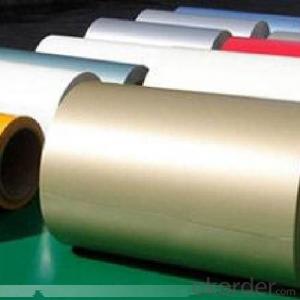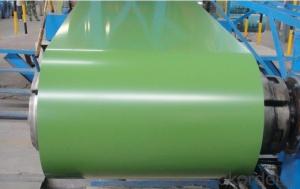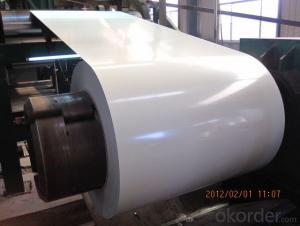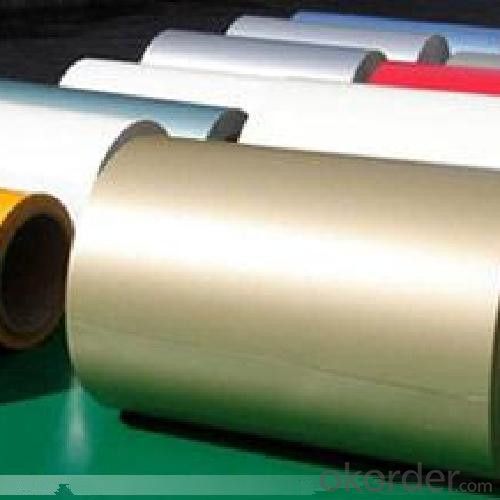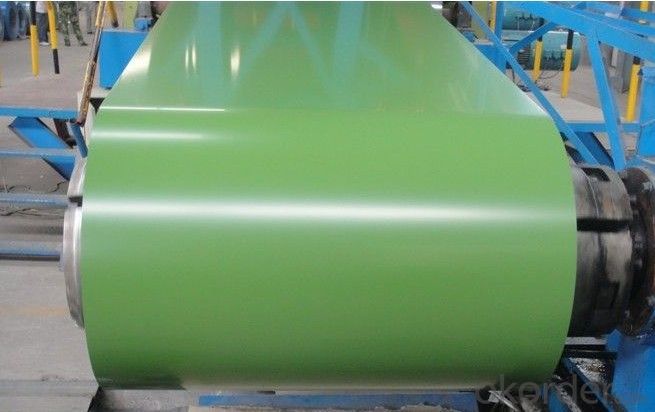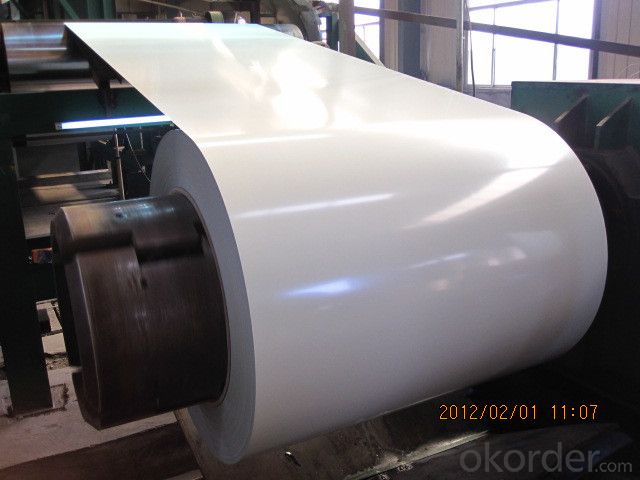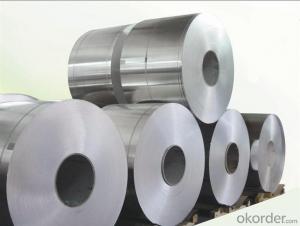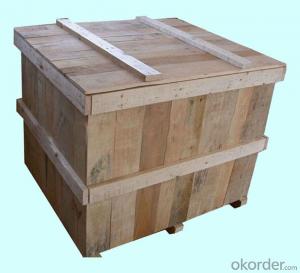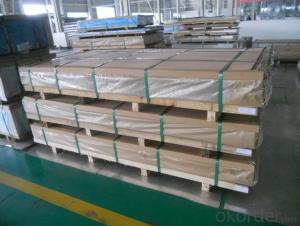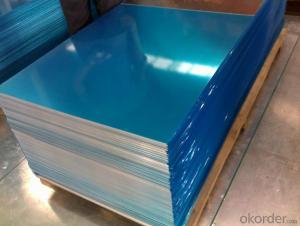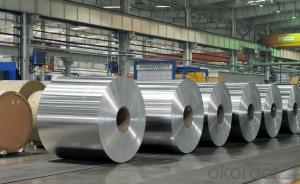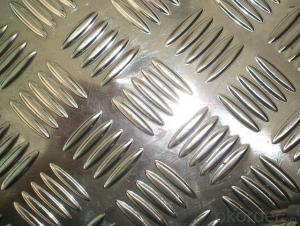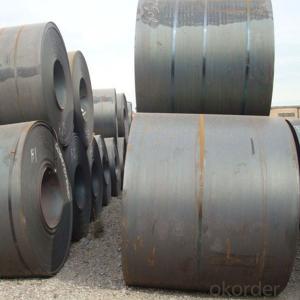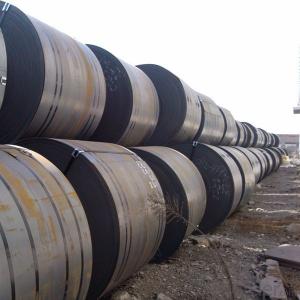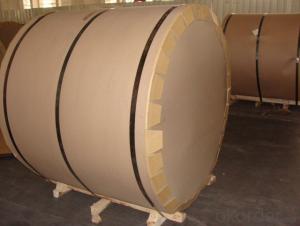Aluminum Foil Sheets Costco Steel Rolled Coils SS400 Q345 Hot Rolled Steel Coil
- Loading Port:
- China main port
- Payment Terms:
- TT OR LC
- Min Order Qty:
- 20 m.t.
- Supply Capability:
- 1000 m.t./month
OKorder Service Pledge
OKorder Financial Service
You Might Also Like
Specification
Product Description:
General Information of Cold Rolled Steel Sheet
The raw material of cold rolled steel sheet is high quality hot rolled product, and after pickling, continuous rolling, degreasing, annealing, skin pass, slitting and cut to length line etc. Along with it many kinds of new technology and new process of global cold rolling production have been applied. Therefore the quality of the goods could be guaranteed. The finished product has a variety of excellent capabilities, such as processing capability and smooth, flat surface. It’s widely used in outdoor and interior decoration, furnishing manufacturing, home appliance, automobile etc.
Specifications of Cold Rolled Steel Sheet
1) Grade: SPCC, SPCD, SPCE, DC01-06, St12, Super deep drawing
2) Standard: JIS G3141-1996, EN 10131-2006, DIN EN 1002
3) Thickness: 0.20mm - 3.0mm
4) Width: 600/1000/1250/1500 (mm) or per customer's request
Package of Cold Rolled Steel Sheet
Strapped with min three strapping strips, covered by anti-water paper and plastic film, fixed on the iron or wooden pallets by strapping strips and covered by plastic bag to prevent damage from transportation.
Applications of Cold Rolled Steel Sheet
1) For the further producing of hot dip galvanized steel products
2) Cold rolled Steel: Auto manufacture, Oil drum, Transformer's tank panel, Furniture etc.
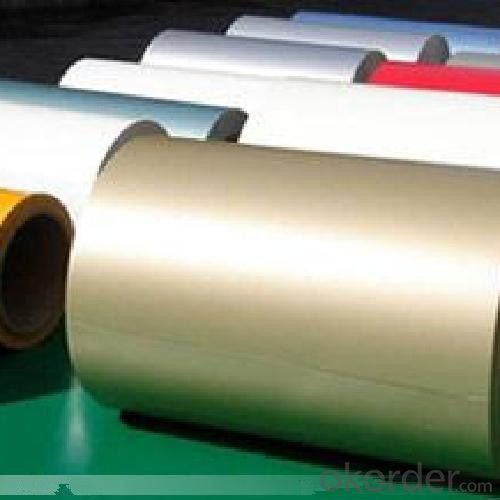
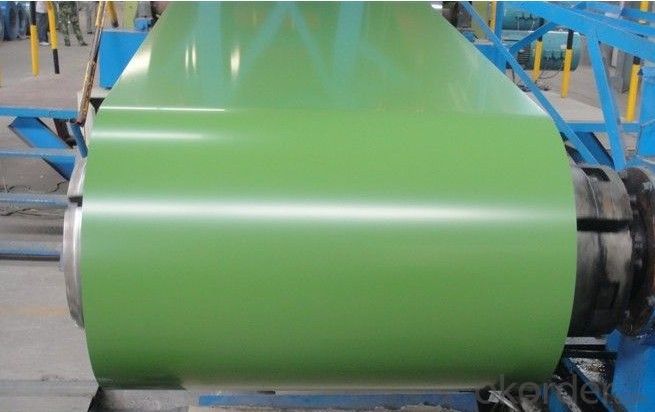
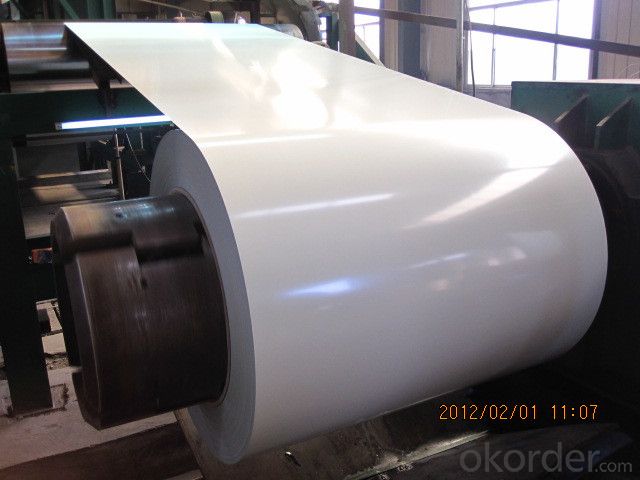
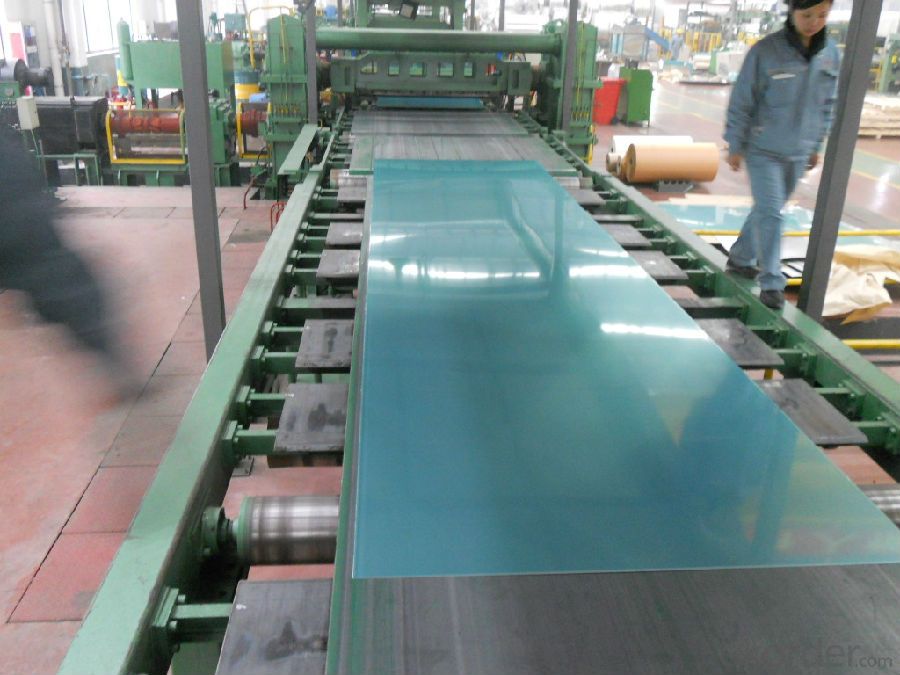
FAQ:
1.Q: What about leadtime ?
A: Normally the leadtime is 60days after we receive the deposit and confirm the details. All the press machines we use is the best quality in China Yangli brand. The press machine leadtime from Yangli is 50days, the best leadtime we can give is 60days.
2.Q: What's the lead time for moulds?
A: Normally the mould leadtime is 45 days after we confirm all the details with customer. Our professional mechanical enginners from Austria will design the mould according to the samples from customer, or by the specifications offered by customers.
3.Q:What kinds of mould you can make? and what is your strong point for the moulds?
A: we can make wrinkle wall mould and smooth wall mould both. For wrinkle wall mould we can make, 79" pan, fish pan, bbq pan. For smooth wall mould we can make muffin cup, and cake cup, tar cup,etc. We can also make 2 or 3 portion conatiner moulds as long as you offer us sample or specifications. Our strong points are all our moulds are WEDMLS cut, which makes the mould more accurate and precise. Important materials likestainless steel parts we make in Austria. We also recut after heat treatment, which most of makers do not take this process.
- Q: Are aluminum sheets suitable for architectural facades?
- Yes, aluminum sheets are highly suitable for architectural facades. They offer numerous benefits such as durability, lightweight construction, corrosion resistance, and versatility in design. Aluminum sheets can be easily shaped and formed into various sizes and shapes, allowing for creative and unique architectural designs. Additionally, their ability to withstand harsh weather conditions makes them a reliable choice for long-lasting facades.
- Q: What is the thickness of the aluminum sheets?
- The thickness of the aluminum sheets can vary depending on the specific product or application. Aluminum sheets are available in a wide range of thicknesses, typically ranging from 0.006 inches (0.15 mm) to 0.25 inches (6.35 mm) or even thicker. The appropriate thickness will depend on the specific requirements and intended use of the aluminum sheet.
- Q: Which is good, aluminum curtain wall?
- Aluminum veneer manufacturers preferred Beijing Jinsheng Aluminium Industry Co. Ltd., it is very important to choose a single aluminum plate manufacturers, Beijing Jinsheng Aluminium Industry Co. Ltd is a professional manufacturer of aluminum veneer, advanced CNC equipment, first-class fluorocarbon spraying line, is your trusted manufacturer of aluminum veneer, aluminum veneer of large manufacturers, advanced technology, advanced technology and to undertake all types of single aluminum plate engineering, quality assurance, price concessions.
- Q: What are the acoustic properties of aluminum sheets?
- Various applications benefit from the acoustic properties possessed by aluminum sheets. One key property is their lightweight composition, resulting in a high strength-to-weight ratio. This characteristic enables aluminum sheets to vibrate easily upon impact, facilitating sound transmission. Furthermore, their low density allows for sound energy absorption and noise level reduction. In addition, aluminum sheets boast exceptional corrosion resistance, ensuring their durability and longevity in diverse environments. This attribute proves particularly crucial in applications where long-term acoustic performance is essential, such as in the construction or automotive industries. Moreover, aluminum displays excellent thermal conductivity, facilitating efficient heat dissipation. This quality proves advantageous in scenarios where effective dispersal of heat generated by sound sources is necessary to prevent material damage or degradation. In conclusion, the acoustic properties of aluminum sheets, encompassing their lightweight nature, sound transmission capabilities, noise reduction effectiveness, corrosion resistance, and thermal conductivity, establish them as a versatile and dependable choice for a wide range of acoustic applications.
- Q: What are the different types of coatings available for aluminum sheets?
- There are several different types of coatings available for aluminum sheets, each offering unique properties and benefits. 1. Anodized Coating: Anodizing is a popular coating method that involves immersing the aluminum sheet in an electrolyte bath and passing an electric current through it. This process creates a durable and corrosion-resistant layer of oxide on the surface of the sheet. Anodized coatings can come in various colors and offer excellent abrasion resistance. 2. Powder Coating: Powder coating involves applying a dry powder to the aluminum sheet and then curing it under heat. This coating method provides a durable, uniform, and attractive finish. Powder coatings are available in a wide range of colors and textures and offer excellent resistance to chipping, scratching, and UV fading. 3. Paint Coating: Aluminum sheets can also be coated with liquid paint. This method provides versatility in terms of color choices and finishes. Paint coatings offer good resistance to weathering, impact, and chemicals, but they may not be as durable as anodized or powder coatings. 4. Cladding: Cladding is a process in which a layer of a different metal, such as stainless steel or copper, is bonded to the aluminum sheet surface. This provides added protection, improved aesthetic appeal, and can enhance the sheet's mechanical properties. 5. Laminating: Laminating involves bonding a protective layer, such as a film or sheet, onto the surface of the aluminum sheet. This coating method offers protection against abrasion, UV rays, and chemicals, and can also provide decorative finishes. 6. Organic Coating: Organic coatings, such as polyurethane or acrylic coatings, are applied to aluminum sheets to provide protection against corrosion, weathering, and chemical exposure. These coatings offer flexibility, good adhesion, and a wide range of color choices. Overall, the choice of coating for aluminum sheets depends on the specific requirements of the application, such as durability, corrosion resistance, aesthetic appeal, and cost-effectiveness.
- Q: Are the aluminum sheets suitable for automotive applications?
- Yes, aluminum sheets are suitable for automotive applications. Aluminum is a lightweight material with high strength-to-weight ratio, making it ideal for use in the automotive industry. It offers several advantages such as improved fuel efficiency, better handling, and increased performance. Additionally, aluminum is resistant to corrosion, which is beneficial for automotive applications as it helps increase the lifespan of vehicles. Moreover, aluminum sheets can be easily formed and molded into various shapes, allowing for greater design flexibility in automotive manufacturing. Overall, the use of aluminum sheets in automotive applications has become increasingly popular due to their numerous advantages and positive impact on vehicle performance and sustainability.
- Q: In which autocomponents usage of aluminium is better or otherwise?
- Aluminium is lighter as well as stronger than CI. Thats the reason most of the Automobile manufacturers use Aluminium for car bodies while they use cast iron for the underframes and internal chassis....NMN
- Q: Are the aluminum sheets suitable for outdoor applications?
- Indeed, aluminum sheets prove to be fitting for outdoor applications. Renowned for its remarkable resistance to corrosion, aluminum emerges as a prime selection for outdoor utilization. Its immunity to rust and deterioration in the presence of moisture or harsh weather conditions solidifies its status as an ideal candidate. Moreover, aluminum sheets possess the advantageous combination of being lightweight, yet sturdy and long-lasting, rendering them appropriate for an assortment of outdoor applications such as roofing, siding, gutters, and outdoor signage. Additionally, they demonstrate ease of maintenance and can be adorned with paint or protective coatings to bolster their aesthetic appeal and fortify their defense against the elements. All in all, aluminum sheets establish themselves as a dependable and adaptable choice for outdoor applications.
- Q: I've heard twice in the past 2 days on ESPN that they think Aluminum bats are dangerous. I disagree with this cause if they were dangerous why would they allow them to use them in college and high school. Isnt that what the BESR certification mean that the bat is safe that the ball isnt going to come off at super high speeds. i just wanted to get your opinion.
- in my opinion, when people make an argument about how aluminum bats are dangerous i cant help to imagine a cracked wooden bat flying thru the infield. I think that wooden bats are actually more dangerous. a lot of people that don't like aluminum bats say that one day a fly ball is gonna kill someone off of a aluminum bat, but the same thing would probably happen woth a wooden bat. i personally love to use aluminum bats and a hate it when my high school coach makes me use a wooden bat.
- Q: What are the different types of alloys used for powder-coated aluminum sheets?
- There are several different types of alloys used for powder-coated aluminum sheets, each with its own unique set of properties and characteristics. Some of the most commonly used alloys include: 1. 3003 Alloy: This alloy is one of the most widely used for powder-coated aluminum sheets. It offers good corrosion resistance, excellent formability, and high strength. It is often used in applications that require moderate strength and resistance to atmospheric corrosion, such as building facades, signage, and automotive parts. 2. 5052 Alloy: This alloy is known for its high strength and excellent corrosion resistance. It is often used in marine and architectural applications where durability and resistance to saltwater and harsh environments are essential. It is also commonly used in the manufacturing of electrical enclosures and transportation equipment. 3. 6061 Alloy: This alloy is highly versatile and offers excellent weldability, formability, and machinability. It is often used in a wide range of applications, including aerospace components, marine hardware, structural components, and automotive parts. It has good corrosion resistance and can be easily powder-coated to enhance its appearance and provide additional protection. 4. 7075 Alloy: This alloy is known for its high strength-to-weight ratio and excellent fatigue resistance. It is commonly used in aerospace applications, such as aircraft fittings and structural components, where strength and lightweight properties are crucial. Although it is less commonly used for powder-coated aluminum sheets due to its higher cost, it can still be found in certain specialized applications. These are just a few examples of the different types of alloys used for powder-coated aluminum sheets. The choice of alloy depends on the specific requirements of the application, including factors such as strength, corrosion resistance, formability, and cost.
Send your message to us
Aluminum Foil Sheets Costco Steel Rolled Coils SS400 Q345 Hot Rolled Steel Coil
- Loading Port:
- China main port
- Payment Terms:
- TT OR LC
- Min Order Qty:
- 20 m.t.
- Supply Capability:
- 1000 m.t./month
OKorder Service Pledge
OKorder Financial Service
Similar products
Hot products
Hot Searches
Related keywords
